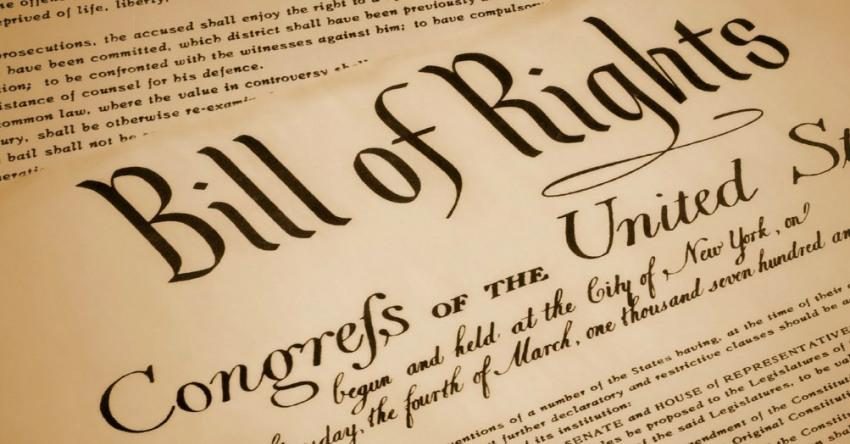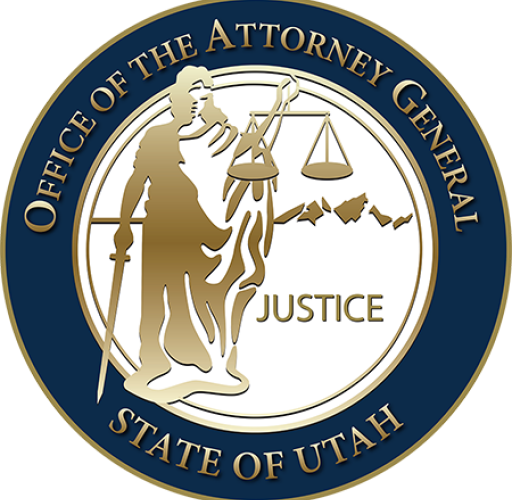FOR IMMEDIATE RELEASE
March 12, 2020
Religious Beliefs and Freedom: AG Reyes Joins 15 Attorneys General to Defend Student Groups’ Freedom to Choose Leaders Who Share Their Beliefs
SALT LAKE CITY – Today, Attorney General Sean D. Reyes and Attorneys General from 15 states filed a friend-of-the-court brief with the United States Court of Appeals for the Eighth Circuit. The brief supports a district court decision ruling that University of Iowa officials violated the First Amendment rights of student groups on campus.
Those university officials engaged in unlawful discrimination when they allowed some but not all student groups to require their leaders to share the group’s views. InterVarsity Christian Fellowship was one of the organizations that school officials treated differently. They forbid InterVarsity from insisting on choosing leaders who affirm the group’s religious beliefs.
“Allowing a student group to require its leaders to agree with the group’s beliefs should not be controversial,” said Attorney General Reyes. “Without that right, student groups will be forced to accept leaders who reject their beliefs: For example, Democrat organizations must accept Republicans as leaders; and Buddhist groups must hand over control to Muslims.”
Iowa school officials did not apply their policies evenhandedly. Rather, they selectively targeted groups like InterVarsity for unfavorable treatment while allowing at least one other religious group—and countless nonreligious groups—to choose their leaders based on factors like religion, sex, creed, and political views.
The brief explains the university’s unfair application of its policies: “As to religion, the University defendants consider Love Works—[a] religious group whose views differ from InterVarsity—in compliance with its nondiscrimination policies even though its leaders must ‘agree with the group’s core beliefs.’ . . . As to sex, registered sports clubs ‘restrict membership, participation, and leadership based on sex,’ and the University defendants allow all-female and all-male ‘Acapella group[s].’ . . . And as to creed, not only does ‘[t]he Iowa National Lawyers Guild exclude[ ] individuals because of their political views,’ but also the University defendants confirmed that ‘lots’ of other groups ‘exclude leaders who don’t share their creed.’”
The university’s actions threaten the rights of religious and secular student groups alike. If officials can target religious groups like InterVarsity for disfavored treatment, nothing prevents other universities from similarly singling out an LGBT organization, environmental group, gun-rights association, or countless others. As the brief says, “[t]he rights of all groups on campus—no matter their views or beliefs—rise and fall together.”
Attorney General Reyes joins the attorneys general of Alabama, Alaska, Arizona, Arkansas, Indiana, Kentucky, Louisiana, Mississippi, Missouri, Nebraska, Oklahoma, South Carolina, South Dakota, and Texas.
###



